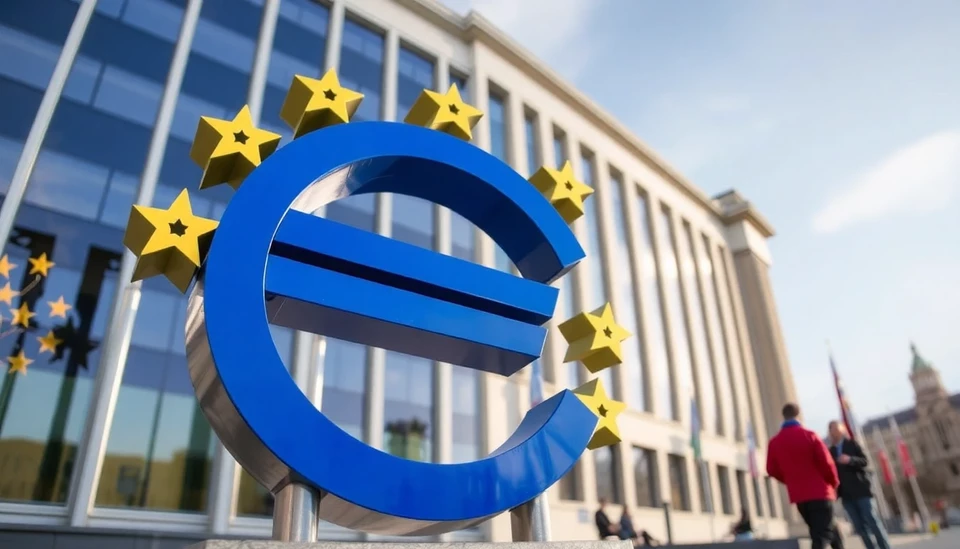
The European Central Bank (ECB) has reported a continued decline in consumer inflation expectations for the month of October. This trend signals a moderating perception among consumers regarding future price increases and showcases the central bank's ongoing efforts to stabilize the economy in the face of fluctuating inflation rates.
In a recent survey, the ECB revealed that the anticipated inflation rate among consumers dropped significantly, with respondents expecting prices to rise by 2.8% over the next three years. This figure is a decrease from the previous 2.9% recorded in September and reflects a longer-term decline in inflation expectations that the bank deems critical for its policy decisions.
The central bank's comprehensive analysis highlights that these expectations play a vital role in shaping monetary policy and managing inflation levels effectively. By anchoring inflation expectations, the ECB aims to maintain price stability while fostering positive economic growth across the Eurozone.
Current economic conditions, including shifting energy prices and supply chain issues, have contributed to a more tempered outlook among consumers. Additionally, recent fiscal measures and monetary policy adjustments have aimed to counteract potential inflation spikes, and the decline in expectations suggests that these efforts are gaining traction.
Moreover, this development comes at a time when the ECB is navigating various economic challenges, including geopolitical tensions, rising interest rates, and other macroeconomic factors that could significantly impact consumer sentiment and purchasing power. The decline in inflation expectations may provide the ECB with greater flexibility to adjust its monetary policy without triggering undesirable inflationary pressures.
The ECB continues to monitor market signals closely, preparing to respond to any shifts in economic indicators. As consumer confidence remains pivotal to economic recovery, the bank's strategy will likely involve a delicate balance between sustaining growth while ensuring that inflation stays within manageable limits.
This latest update from the ECB will be closely scrutinized by economists and market analysts, as it could influence future policy decisions and the central bank's approach to maintaining economic stability in the evolutionary landscape of the Eurozone financial system.
As we move forward, the implications of these changing consumer expectations could resonate across various sectors, affecting everything from business investment to consumer spending, thereby shaping the future economic trajectory for the Eurozone.
In conclusion, the ECB’s observation of falling consumer inflation expectations serves as a crucial indicator of the current economic climate and the central bank's determination to uphold monetary stability, ensuring that the economy can recover sustainably.
#ECB #InflationExpectations #EurozoneEconomy #ConsumerConfidence #MonetaryPolicy
Author: Laura Mitchell




